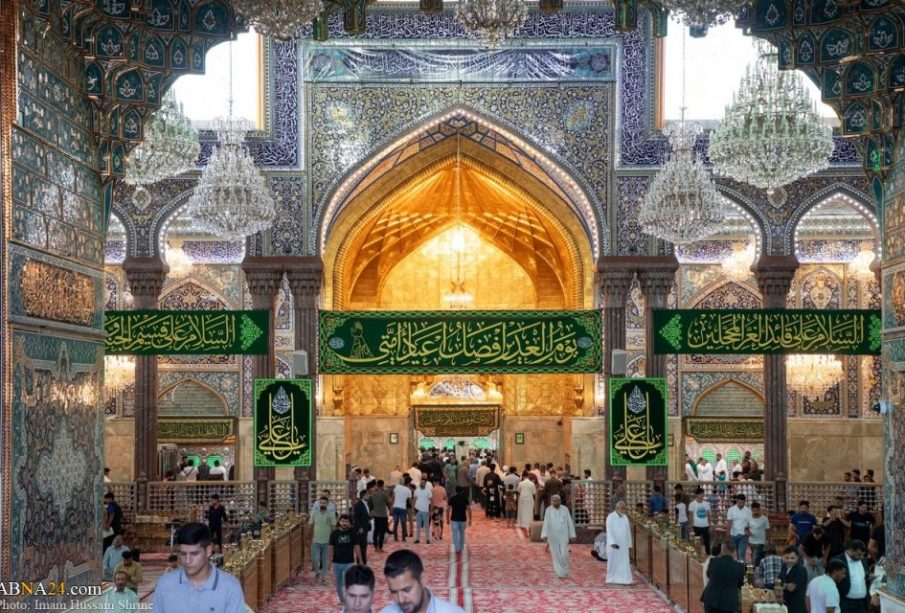The Significance of Karbala in Islamic History

Introduction: Understanding Karbala
Karbala is not just a geographical location in Iraq; it is a symbol of sacrifice, faith, and a pivotal moment in Islamic history. The Battle of Karbala, which occurred on October 10, 680 CE (10th of Muharram, 61 AH), is commemorated annually by millions of Muslims, particularly those belonging to the Shia sect. This battle marks the martyrdom of Imam Hussain, the grandson of the Prophet Muhammad, and his companions, who stood up against tyranny and oppression. The events at Karbala shape the moral and spiritual landscape of many Muslims today, emphasizing the importance of standing up for justice.
The Events Leading to the Battle
The background of the Battle of Karbala is steeped in political intrigue and religious strife. Following the death of Muawiya I, the Umayyad caliph, Yazid took power and demanded allegiance from Imam Hussain. Imam Hussain, known for his leadership and principles, refused to pledge loyalty to a ruler he deemed unjust and corrupt. This refusal set the stage for a confrontation that culminated in the battle in the plains of Karbala.
The Battle and Its Aftermath
The confrontation at Karbala involved Imam Hussain and his small band of followers, numbering around 72, against Yazid’s vast army, which was estimated to be in the thousands. Despite being outnumbered, Imam Hussain and his companions displayed immense courage and resilience. Tragically, the battle ended in the martyrdom of Hussain and his loyal followers, a defining moment that would echo through history.
The aftermath of the battle had profound implications. The events of Karbala became a rallying cry for justice, and the words of Imam Hussain, “I see death as nothing but a blessing,” resonate with millions, symbolizing the ultimate sacrifice for truth and righteousness. The day of Ashura, marking the battle, is observed with mourning rituals, public displays of grief, and acts of charity across the globe.
Conclusion: The Continuing Legacy of Karbala
The significance of Karbala continues to transcend generations, serving as a powerful reminder of the struggle against oppression. It teaches the values of integrity, justice, and moral fortitude. As the anniversary of the battle approaches each year, it becomes a moment for reflection and renewal of one’s commitment to stand against tyranny in all forms. Understanding Karbala is essential not only for appreciating its historical context but also for recognizing its enduring impact on contemporary struggles for justice and human rights in various parts of the world.









